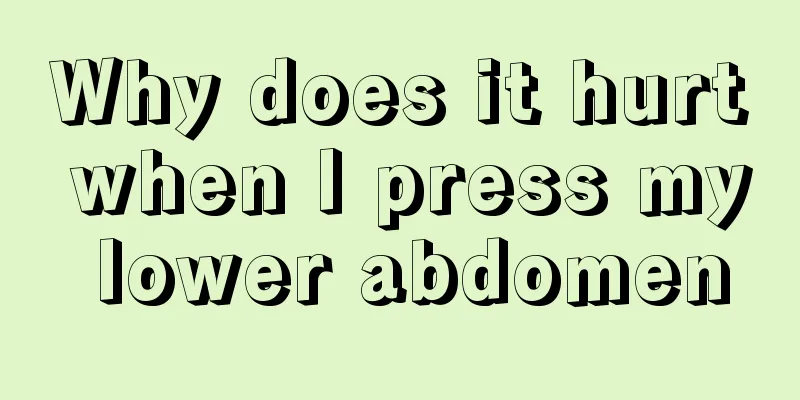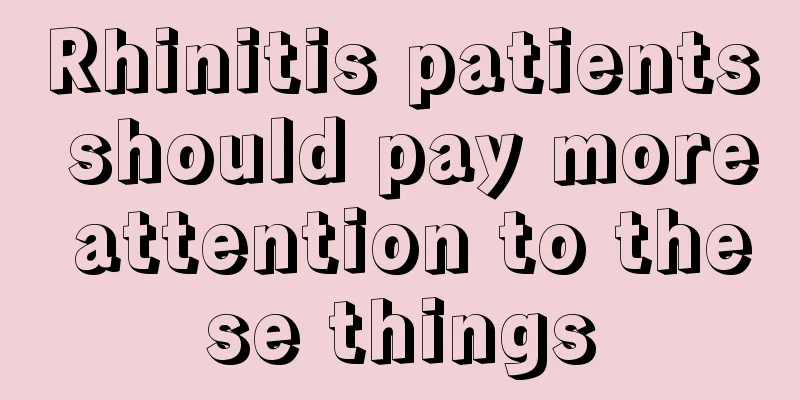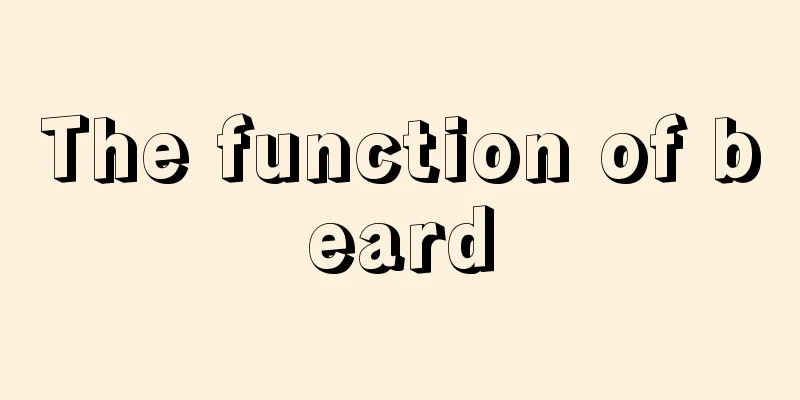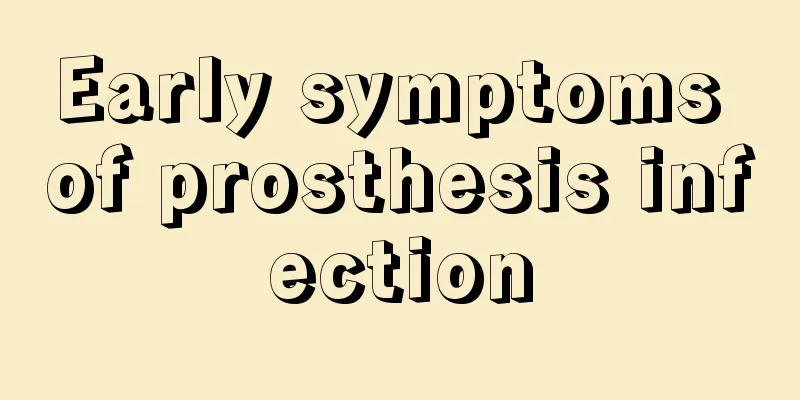How long does a concussion coma last?
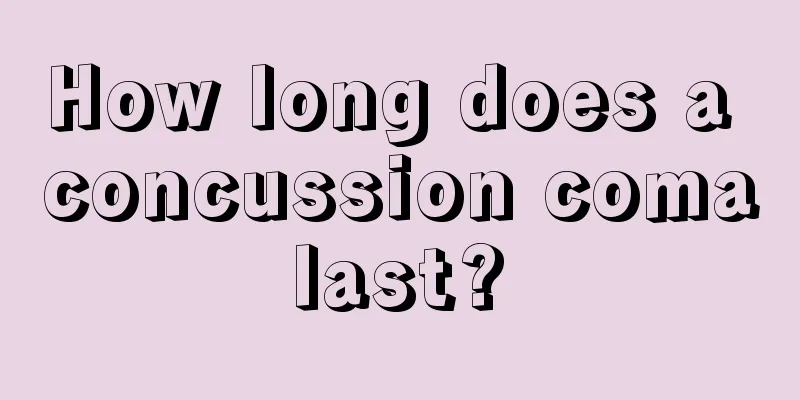
|
After a blow to the head, there will be a brief blockage of brain function, a short period of coma, forgetfulness of some things, and dizziness. It will not damage the nerves and is the lightest type of brain damage. If you do not wake up for a long time, it may be a more serious brain injury. In real life, there are many people suffering from concussions. So, how long will a concussion patient remain in a coma? If the coma persists, the person will most likely enter a vegetative state. If the vegetative state lasts for more than one month, it is commonly known as a "vegetative state." It can occur alone or in combination with other craniocerebral injuries such as intracranial hematoma, and attention should be paid to making a differential diagnosis in a timely manner. Symptoms: 1. Impairment of consciousness: It is mild and short-lived, lasting as short as a few seconds or minutes, but not more than half an hour. 2. Recent amnesia: After waking up, the individual cannot recall the circumstances and process of the injury, but can clearly recall events before the injury. 3. Other symptoms: headache, dizziness, nausea, anorexia, vomiting, tinnitus, insomnia, photophobia, inattention and slow reaction. 4. There are no positive signs in neurological examination. Diagnostic basis: 1. A transient coma occurs immediately after the head injury, lasting within 30 minutes. After waking up, there are often symptoms such as recent amnesia, headache, dizziness, nausea, anorexia, vomiting, tinnitus, and inattention. Blood pressure, respiration and pulse are basically normal. 2. Neurological examination showed no positive signs, and lumbar puncture showed normal cerebrospinal fluid pressure and composition. Treatment: Treatment principles 1. Concussion patients should be kept in the hospital for a short period of observation for 2-3 days after injury, and changes in consciousness, pupils and vital signs should be observed regularly to detect possible complications of intracranial hematoma in time. 2. Get adequate bed rest and reduce mental and physical labor. 3. Symptomatic supportive treatment. 4. Provide spiritual encouragement and eliminate worries. Principles of medication 1. Patients with headache and insomnia can be treated with analgesics and sleeping pills respectively. 2. Vomiting is obvious in the early stage after injury and affects eating, so intravenous fluid supplementation is required. Prevention knowledge: Concussion can be diagnosed based on the symptoms and signs after the injury. Since the brain injury is relatively mild, the treatment is mainly symptomatic. For example, those with headaches are given analgesics, and those who vomit significantly and cannot eat are given infusions. In addition, it is advisable to rest quietly in the early stage after the injury, think less about problems and read newspapers, and pay attention to reducing adverse stimulation to the patient. Most cases of this disease can be cured after a few days or weeks of treatment. Since this disease can coexist with intracranial hematoma, it is best to stay in the hospital for observation and treatment for a period of time (about 5 days) after the injury. Once intracranial hematoma is found, it can be diagnosed and treated in time. For patients who return home, their relatives and friends should closely observe the patient's state of consciousness within 1-2 days, paying attention to symptoms such as headache, vomiting, and restlessness. If the condition worsens, they should immediately go to the hospital for a CT scan to clarify the diagnosis. Patients can rest assured that concussion generally does not leave any sequelae, but they must pay attention to rest. Do not keep your head down when you get up in the morning, as this will increase blood pressure in the brain and cause brain hypoxia. Drink more water, eat more fresh fruits and vegetables, pay attention to protecting your head, avoid external stimulation, and reduce mental work. |
<<: What foods are better for gout patients?
>>: Can adults still get meningitis?
Recommend
What's the white area around my eyes?
Whiteness around the eyes is mostly caused by dep...
Why can't you squeeze pimples
Acne often appears on the faces of teenagers. Tee...
What is the difference between starch and flour?
Many people easily confuse starch and flour. In f...
What are the methods for cleaning range hoods
The range hood has become a must-have in every ho...
What methods can be used to treat facial allergies?
Spring is about to officially begin, and many peo...
How to clean scale on a water heater
After a busy day, every time we return home, we h...
Age of onset of diffuse gastric cancer
Gastric cancer is a very serious disease. In dail...
What should I do if my ears feel stuffy as if they were filled with water?
As we all know, if water gets into the ears, ther...
My waist hurts when I bend over, so is it okay to stand upright?
Modern people are under great work pressure, espe...
Can frozen peaches be eaten
Generally speaking, we eat fresh peaches. Of cour...
How to solve the problem of brown discharge after menstruation
Every normal woman will experience menstruation w...
Is there lactose in breast milk?
Breast milk is the best food for babies, but beca...
How to get rid of dandruff and itchy scalp
Itchy scalp and dandruff are also very annoying. ...
What are the issues that lung cancer patients should pay attention to in their diet? Lung cancer patients should pay attention to 3 issues in their diet
Once some people start working, they will be in a...
Don't you like to eat in the late stage of brain cancer?
Malignant tumors in the brain often grow quickly,...



